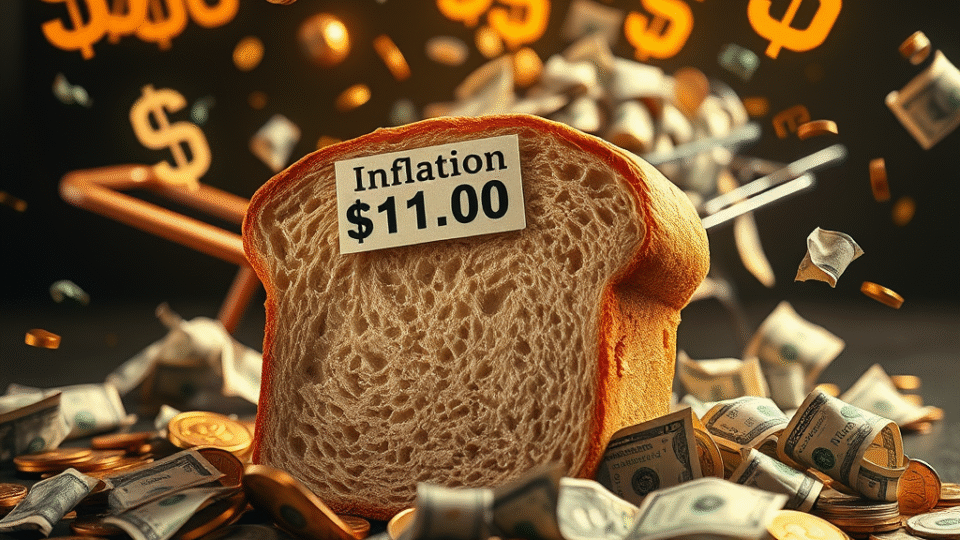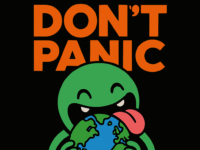
What is Inflation Anyway?
Inflation is a complex economic phenomenon best understood as the universe’s way of reminding humans that numbers are imaginary and money is a shared hallucination.
In theory, inflation occurs when there is “too much money chasing too few goods.” In practice, it means that the same loaf of bread that cost a dollar yesterday will cost a dollar fifty today and an existential crisis tomorrow. It’s the invisible tax you pay for living in an economy run by people who refer to printing billions of dollars as “quantitative easing,” because “panic button” doesn’t look good on a résumé.
Historically, humans invented money as a convenient replacement for barter. You could exchange shiny coins instead of goats, which was cleaner and made purse design simpler. Unfortunately, over time the coins became paper, the paper became numbers on screens, and the numbers became feelings. This allowed governments to “adjust the money supply,” which is an elegant phrase meaning “let’s see what happens if we pretend to have more of it.”
As inflation rises, prices increase while wages politely decline to join them. Economists describe this as a “lag.” Ordinary people describe it as “having toast for dinner.” When questioned about it, central banks assure everyone that inflation is “temporary,” in much the same way humans insist that their bad habits are “just for now.”
In its advanced stages, inflation leads to a state known as hyperinflation, where prices change so quickly that by the time you finish saying “how much?” you can no longer afford whatever you were asking about. In some historical cases, people carried wheelbarrows full of money to buy a loaf of bread, which at least gave them a nice workout before starvation.
Despite centuries of study, the true cause of inflation remains elusive. Some blame greed, others supply chains, and still others mysterious “market forces,” which sound suspiciously like some sort of physics phenomenon.
Incidentally,. this inflation has only ever been found to exist on Earth, largely due to the propensity of human beings to be completely unable to cope with reality. In the rest of the galaxy where money is used, real actual items that hold actual value are exchanged for goods and services.
In conclusion, inflation is not merely an economic condition—it’s a philosophical one. It teaches that value is transient, stability is fictional, and that if your paycheck feels smaller, it probably is.
(Editor’s Note: The only known cure for inflation is to stop looking at prices, which economists refer to as “consumer confidence.”)










